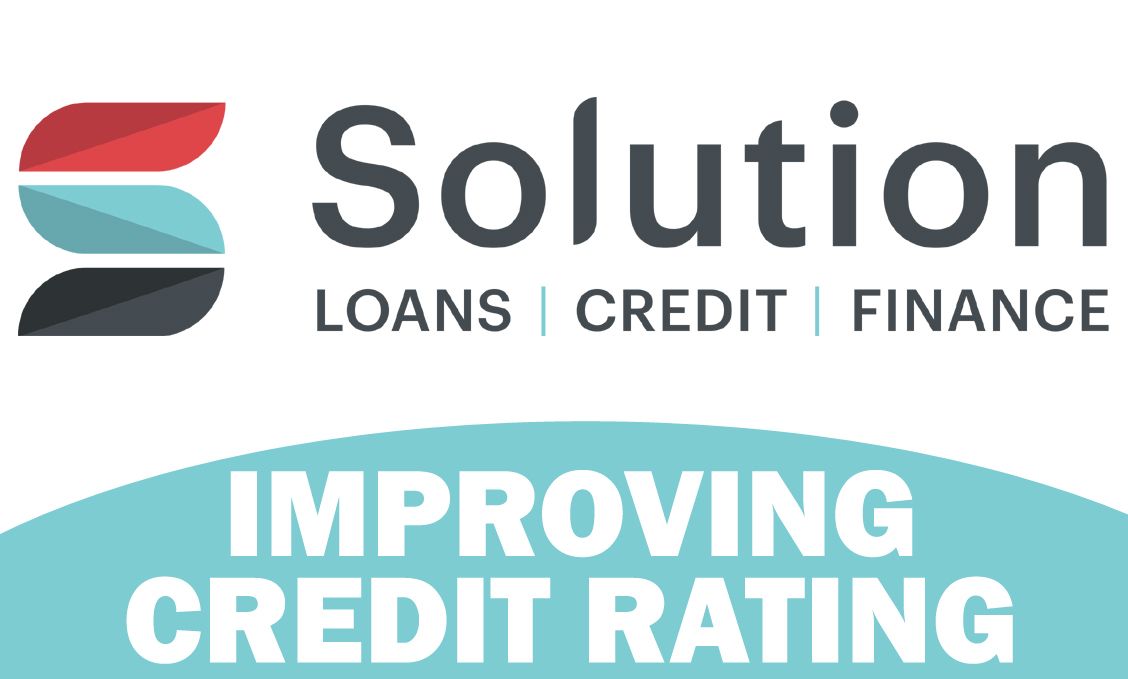A Guide To Improving Your Credit Rating
This guide explains the key steps to take to improve your credit rating.

If you have a less-than-perfect credit rating, you will find that your borrowing options become more limited. A poor credit rating can limit your borrowing options and that can come from past mistakes including missed payments, County Court Judgments (CCJs) and bankruptcy orders.
Even missing direct debit payments for utility bills can leave a mark against your credit file which could cause you problems should you want to apply for a loan or credit card.
If you find yourself in this position, the first thing to know is that you are by no means alone.
Millions of people in the UK have had financial difficulties that have affected their credit rating at some point in their lives and yet have gone on to obtain loans, open bank accounts and successfully apply for credit cards. No matter what your circumstances, virtually every problem obtaining credit can be repaired given time and by following some simple steps:
- Obtain a copy of your credit file from one of the main credit reference agencies – Equifax, Experian or Call Credit – to find out exactly what might be impeding your ability to get credit. When you look through your credit report make sure that there aren’t other people’s credit histories recorded mistakenly against yours.
Find out about Bad Credit Loans
- Make sure you are registered on the electoral roll at your current address. It’s surprising how many people are refused credit simply because they haven’t updated the electoral roll with their new details.
- Ensure that you don’t have joint credit with a former partner. If that person has a less-than-perfect credit rating, then it will affect your ability to get a loan or credit card if the credit reference agencies believe that you are still linked.
- Request the credit reference agency to remove any out of date information. Information is held on your file for a minimum of six years and includes settled accounts, defaults, bankruptcy orders, Individual Voluntary Arrangements (IVAs), County Court Judgments (CCJs) and fines imposed at the magistrate’s court. In some cases utility companies also register missed payments on electricity, gas, water or phone bills with the credit reference agencies.
- Close any accounts, cards or mobile phone contracts that you no longer use. The more credit accounts that appear on your file, the more of a red flag to finance companies.
- Don’t make multiple applications for financial products like credit cards, loans or mobile phone contracts. These applications will be registered on your credit file and will be seen by other lenders who might judge that you are in financial difficulty.
- Stay on time with your payments to your existing credit providers for current agreements.
Learn about Loans for Bad Credit
- Look for credit deals that allow “soft searches” – those which allow you to get a quotation before proceeding to carry out a credit check. These will allow you to test the water before actually going ahead and making an application.
- Ensure your correct name & address are registered to all your existing credit agreements.
- Start rebuilding your credit. It may sound counter-intuitive, but successfully applying for a credit card or loan that is tailored specifically for people with less-than-perfect credit scores can put you back on the path to having an excellent credit rating. There are a large number of loan, card and other finance providers who have products designed to help you in this situation. The interest rates may be higher than those with perfect credit will pay, but if you religiously make payments on time, pay off the balance on your card and use your new accounts in moderation then these will all have a positive effect on your credit rating. Keep your balances low by avoiding carrying a balance of more than 30% of your credit limit on a card. Some lenders may view this as debt that could become unsustainable should your circumstances change.
- Be patient. Rebuilding your credit rating is not something that happens overnight. You can’t rush this because it takes time for your new credit history to overwrite your old, poor quality one. You need to remember that you’re demonstrating to potential lenders that you’re not dependent upon credit for your day-to-day life but that you use products responsibly to make your life easier. With patience and time you can rebuild your rating and successfully apply for any consumer credit product.
As mentioned in the plan there are loan products specifically designed to help you recover a good credit rating and we have access to many of these.
Do you have credit rating problems?
Then use our “Ultimate Guide to Improving Your Credit Rating” to help you get back on track.





